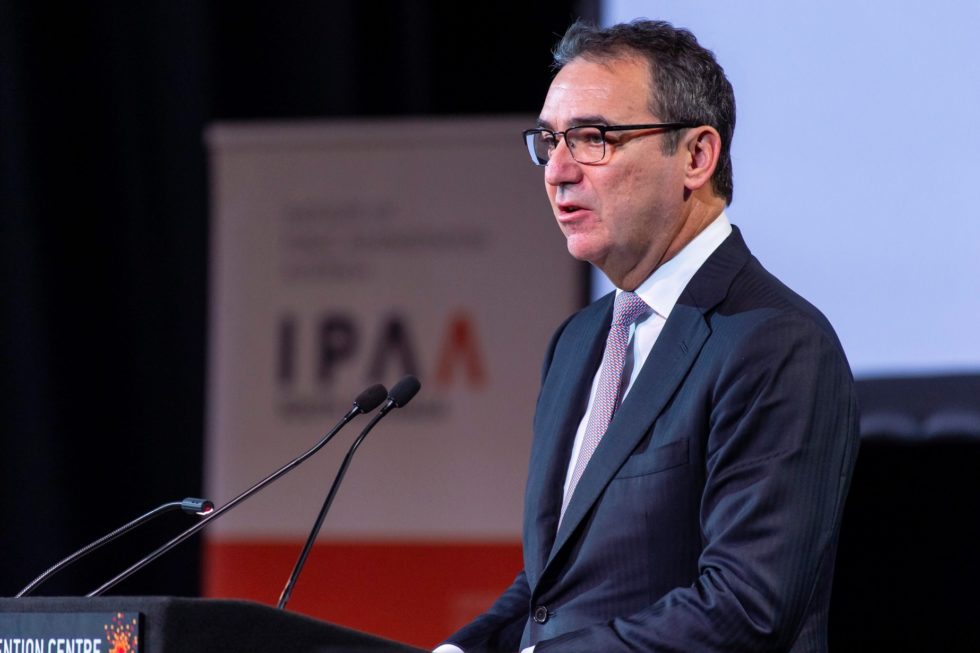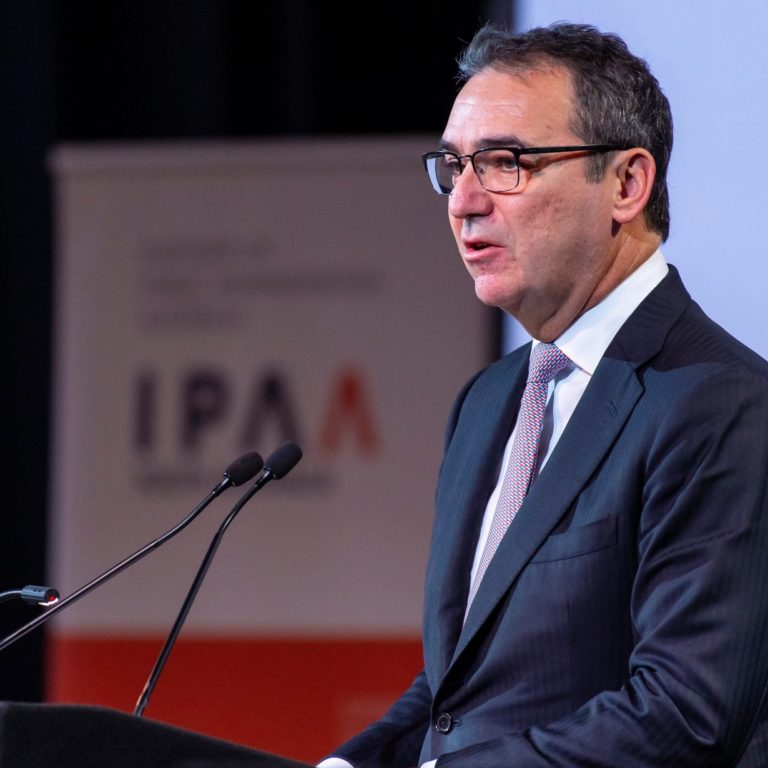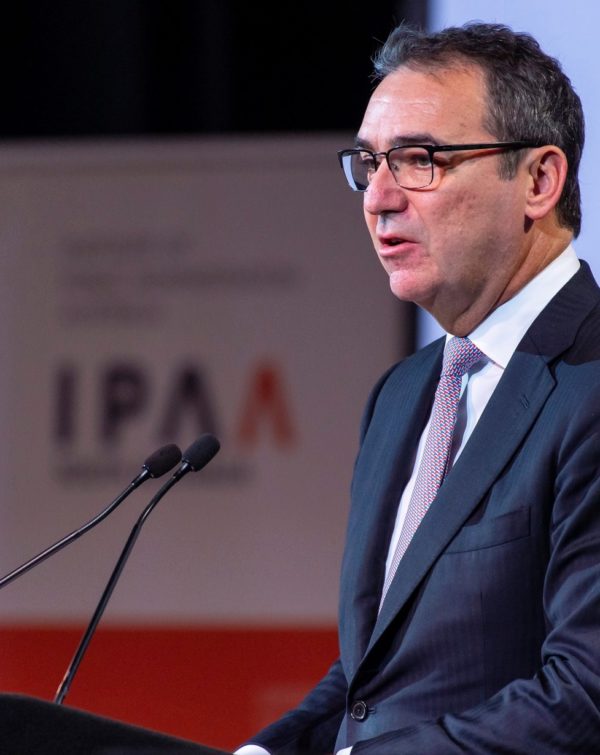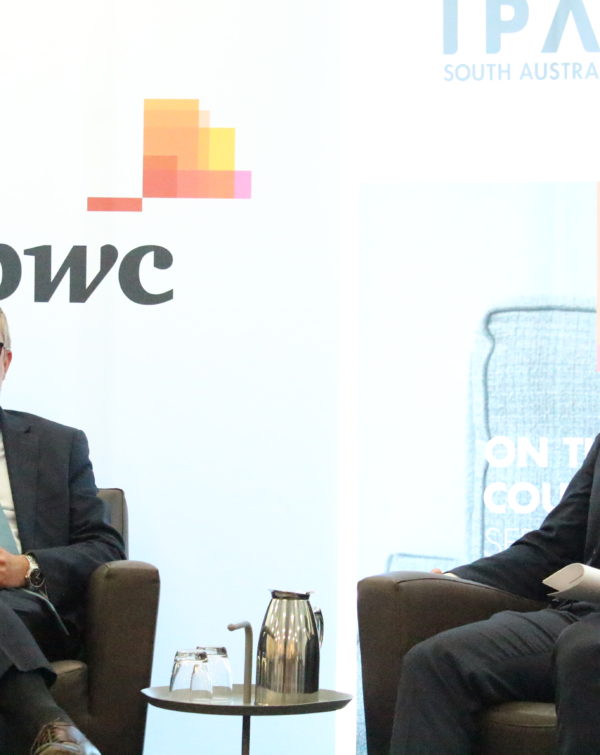
As at June 2018, approximately 49% of all public sector executives were women despite women comprising 69% of the sector. Further to this, only 23.5% of Senior Management Council (Chief Executives of core SA Government agencies) are women. While often perceived as being only an issue for women; gender inequality in the workplace impacts everyone. Men also benefit from increased gender equality and more equal gender roles.
The Women in Leadership Summit invited men and women in the public sector to work together to achieve improved gender equality. The summit discussed what would be required to achieve 50% of the Senior Management Council being women and overall increases in gender equality across leadership roles. Delegates heard from our industry leaders and experts on the barriers to gender equality, and gained practical tips, tools, and advice on making the most of their opportunities to help make a change.
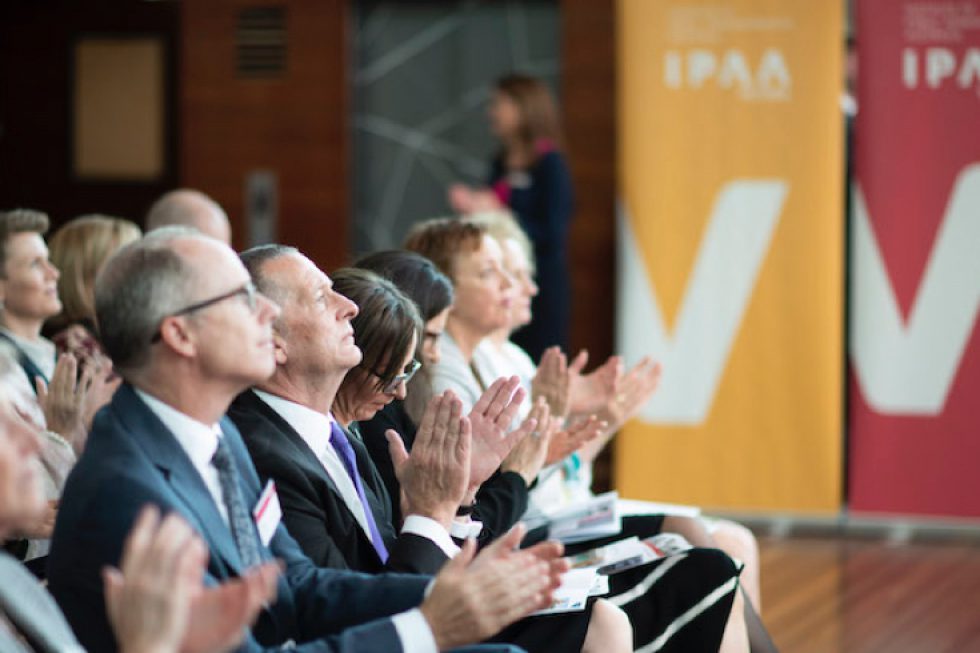

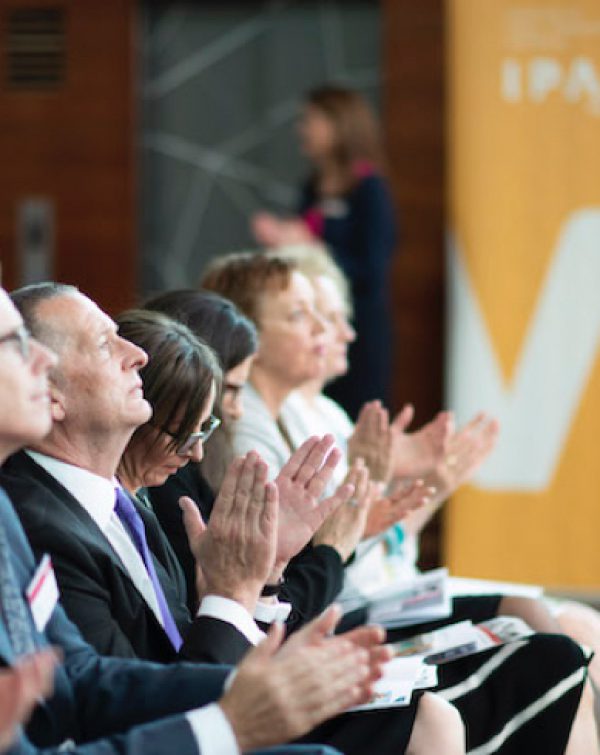
In partnership with the Office of the Commissioner for Public Sector Employment and the South Australian Leadership Academy the Institute of Public Administration Australia South Australia (IPAA SA) was proud to bring you the Ethical Leadership Forum, a free event for all state government members.
During this event we heard from Premier Steven Marshall MP, Commissioner Erma Ranieri, Dr Attracta Lagan, Principal, Managing Values, Darren Menachemson, Global Partner and Global Chief Digital Officer, Think Place, and more about the importance of ethical decision-making.
Public sector employees at every level are faced with challenging ethical and integrity-related decisions. These decisions can test us on how best to respond to a range of issues that at times have competing stakeholder needs.
As employees progress their careers through the public sector, the decisions they may face tend to increase in complexity, and time for capability enhancement and leadership development is typically harder to find.
In light of of this, IPAA SA brought together a panel of public and private sector leaders to help increase awareness of the importance of ethical decision-making in the public sector.
Topics included:
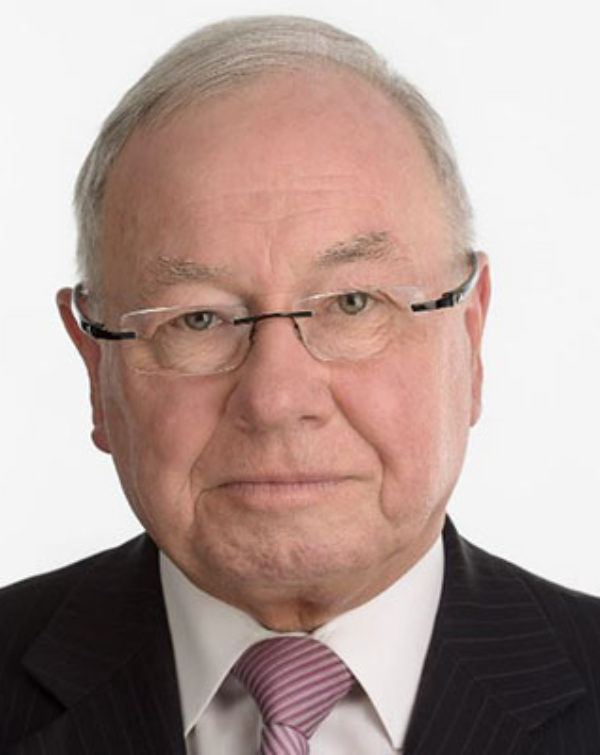
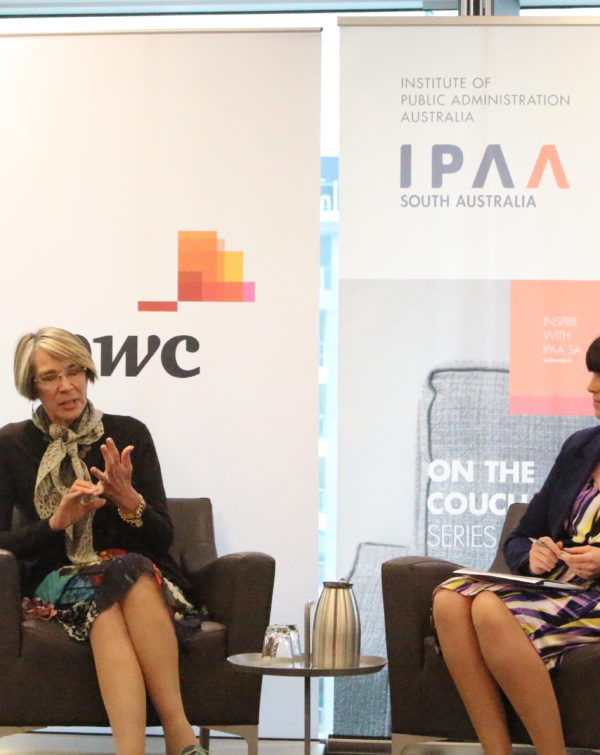
It was a privilege to hear from Mr John Schutz, Chief Executive, Department for Environment and Water as he highlighted some of the highs and lows of his leadership journey. Mr Schutz shared with us some insightful advice for new leaders, as well as answering some thought provoking questions from delegates during Q&A. We would also like to thank Mr Adrian Skull, Chief Executive Officer, City of Marion for engaging us in his role as interviewer.
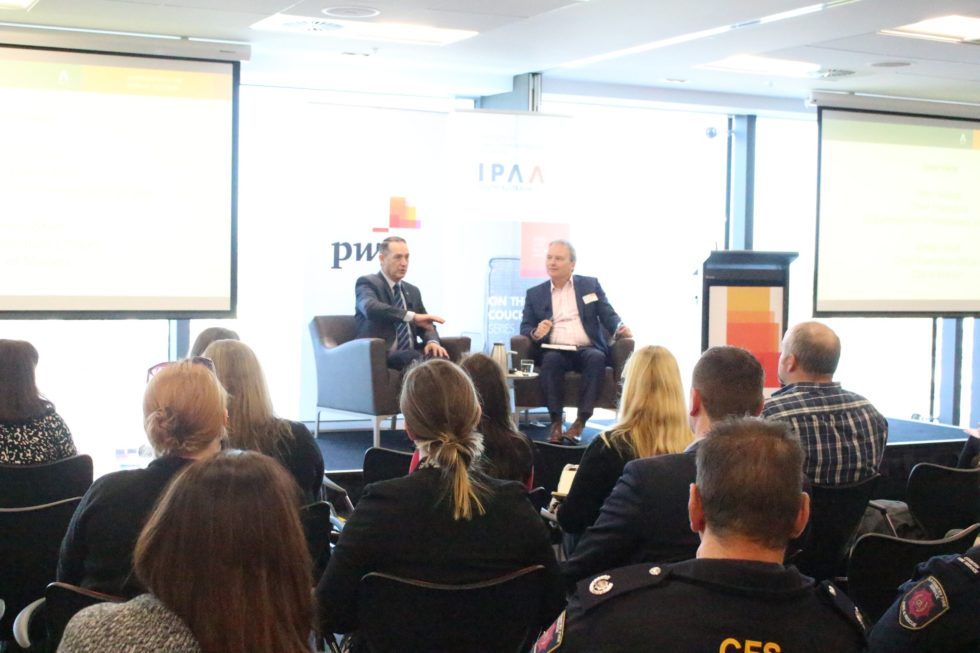
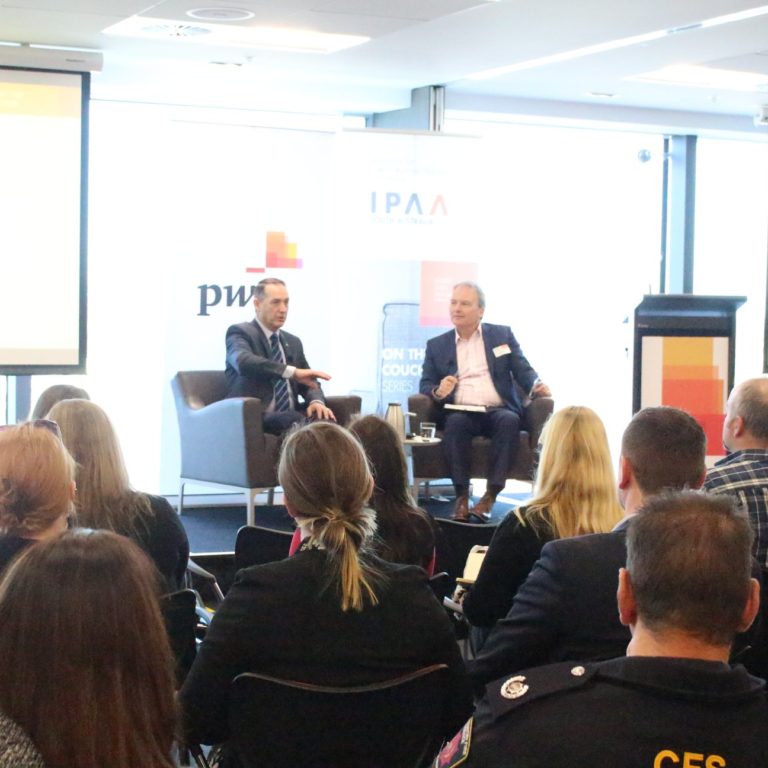
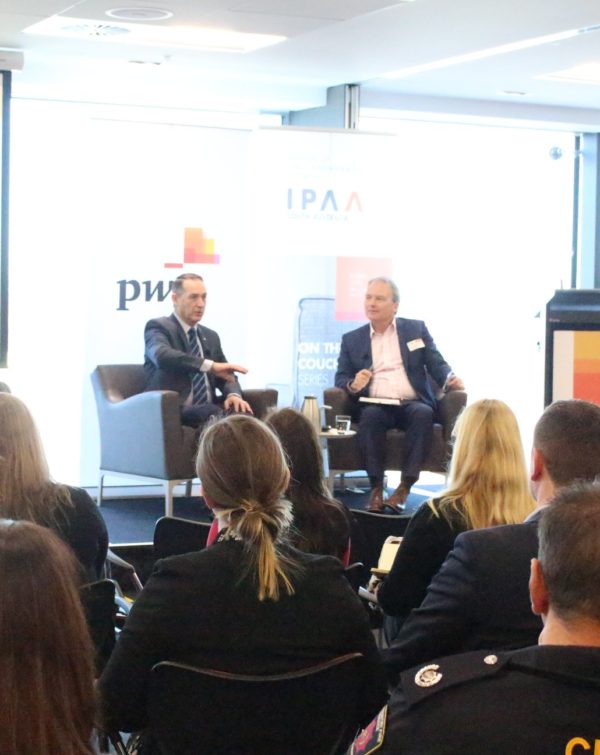
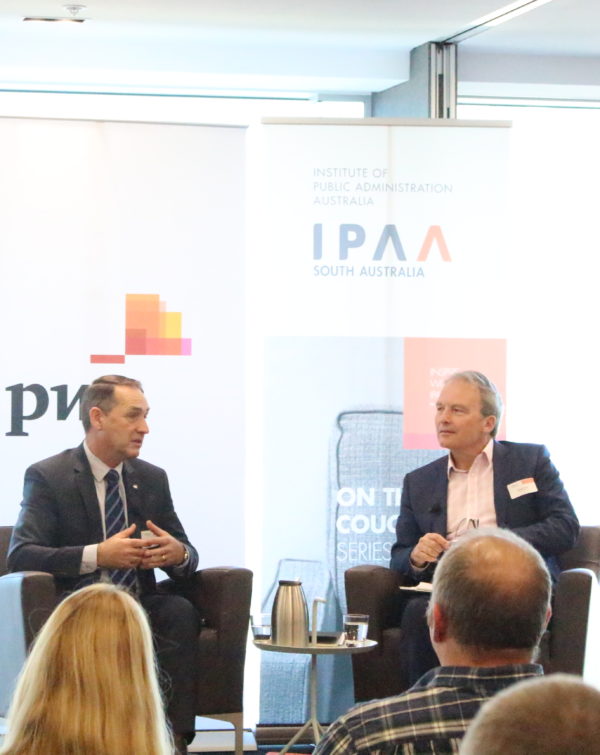
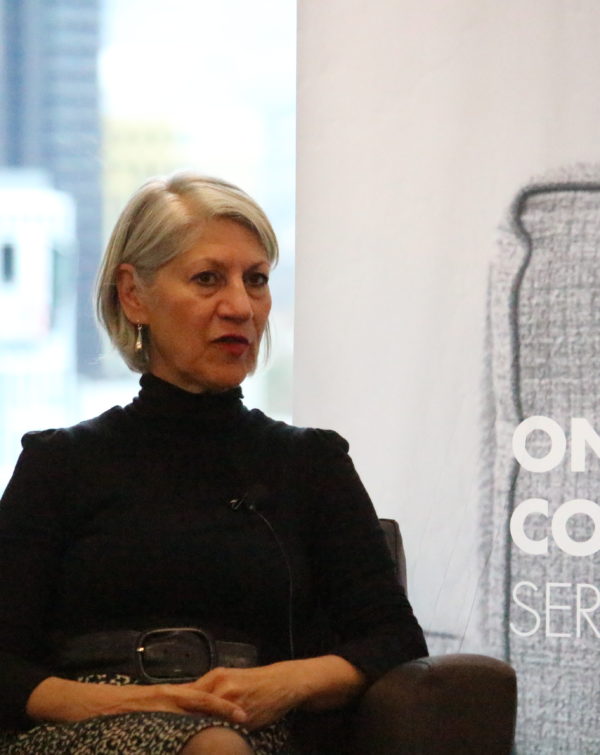
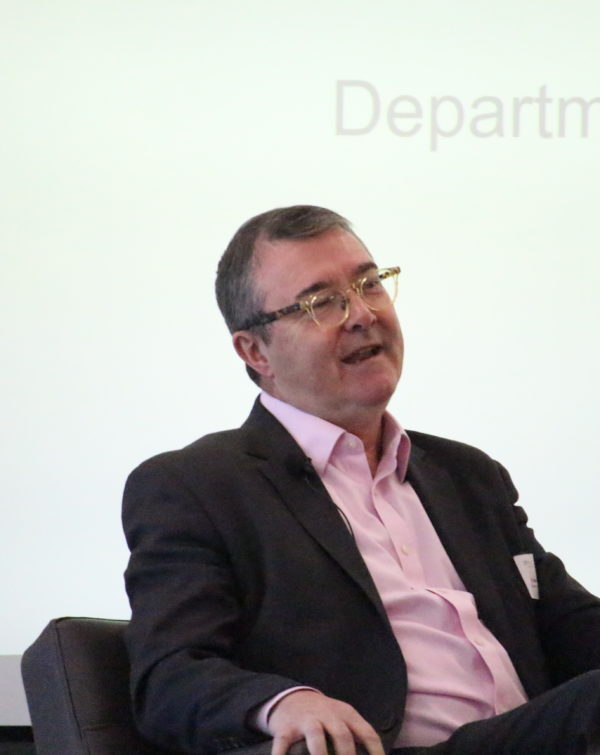
Leading the proceedings of the Ethical Leadership Forum, Commissioner Erma Ranieri set the scene of the discussion to take place, highlighting her passion for this issue as well as its relevance to the South Australian public sector. Commissioner Ranieri emphasised her eagerness towards what she views as the start of a learning journey, into how ethical leadership will shape the future of South Australia with this event marking the recognition of the ongoing commitment towards the topic.
We were privileged to have Premier Steven Marshall join us to address delegates as part of the forum. As part of his address he spoke to the importance of the ongoing journey towards reconciliation and encouraged delegates to join with him in this, moving forwards together for National Reconciliation Week and beyond. Additionally, Premier Marshall spoke of the need for a balance between strong governance with the pursuit of innovation. Drawing upon the recent establishment of the Space Agency here in SA he emphasised that when you dream big and think big, then the importance of ethical decision making becomes even more vital. Describing the new developments in the state, particularly at Lot 14, as an “epicentre for innovation” Premier Marshall highlighted that decision making grounded in ethics and morals is at the forefront of consideration to bring about positive action for SA.
Keynote speaker, Dr Attracta Lagan spoke to us on the importance of redefining how we view ethical decision making, and to view it as a matter of choice on the part of the organisation. She highlighted that Ethical Leadership needs to start from within the organisation and should seek to make it as easy as possible for people to do the right thing. In Dr Lagan’s view this means, creating a safe workplace context in which decision making can occur and appropriately recognise and manage risk situations where people may not make the ethical choice. Drawing upon principles of behavioural psychology, Dr Lagan also described some techniques which delegates could take back with them to their own workplace- to take the steps to creating the context for ethically based decisions.
Our other Keynote speaker, Darren Menachemson, explored how digital transformation will be a cornerstone of how we shape our approach to ethical decision making. Highlighting to us that we are indeed all participants in the digital transition, he emphasised that the way we act in the next 10 to 20 years on the ethical decisions surrounding digital transformation, will drastically shape the world for decades to come. With this firmly in mind he further examined the exciting, yet ethically demanding challenges of handling digital advancement, including guarding against bias and the unintended consequences of decisions. A key message that Darren imparted us with, was that we must look at ethical decisions through the lens of evaluating “decisions being made here and now, if they are taking us on a path to a world we want to live in”.
